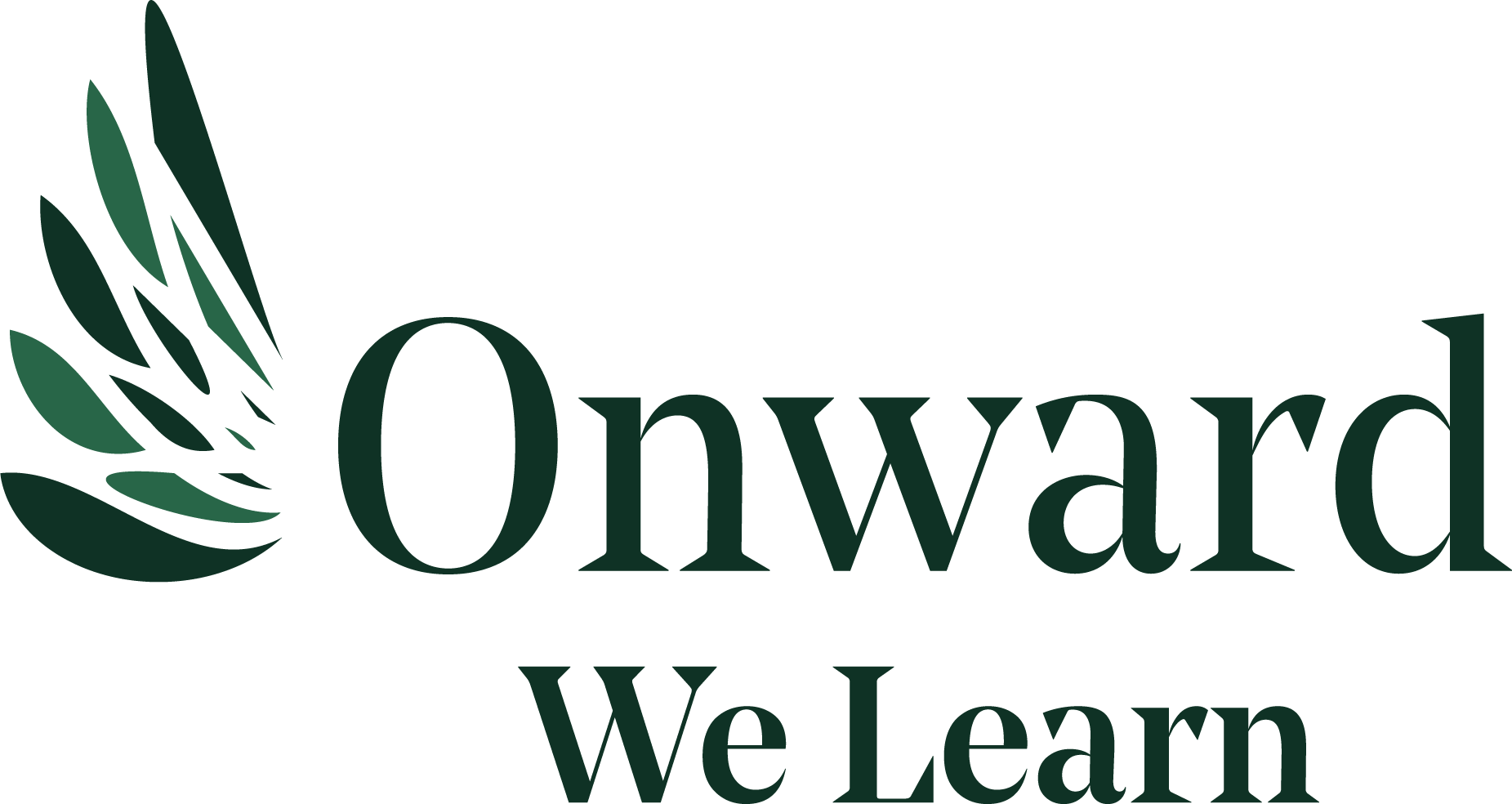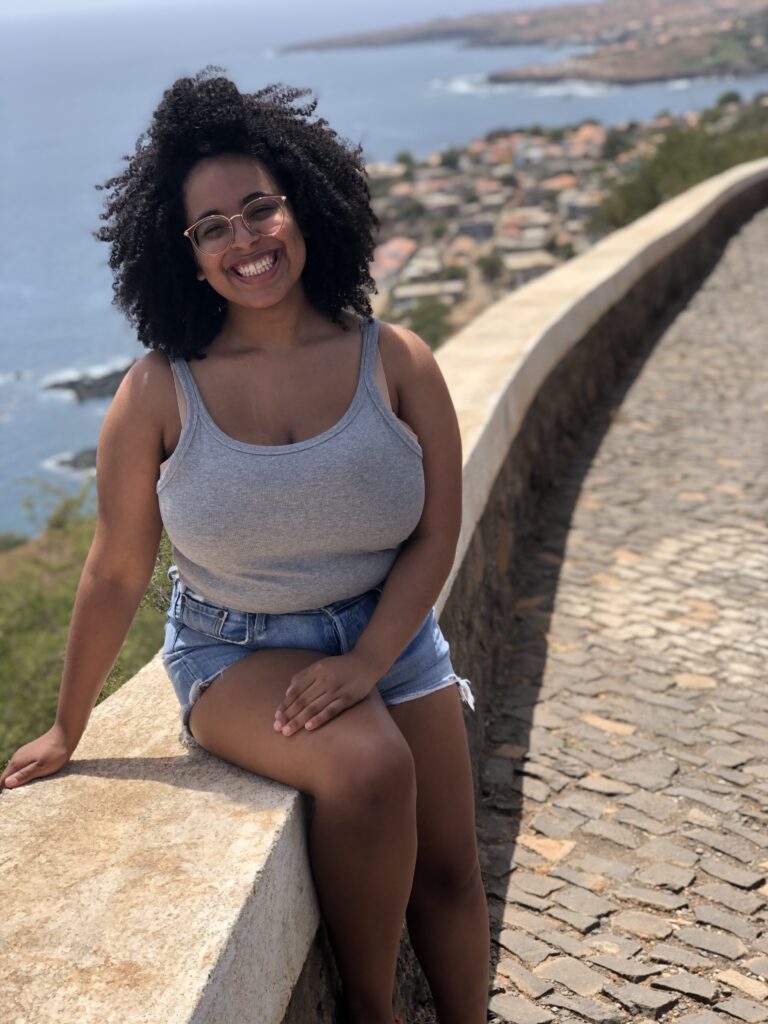Wila Matos recalls a College Crusade-led overnight at the University of Rhode Island as a crucial turning point that put her on a path to discover her love of service, travel, and learning new languages and cultures.
During the event her senior year at The Met School, she and fellow Crusaders sat in on classes, ate in the dining hall, met with multicultural organizations and slept in a dorm room.
“I was deciding between URI and Roger Williams University at the time, and I decided on URI because of the College Crusade giving me an opportunity to envision myself there,” she said.
She not only graduated from URI’s Talent Development program with a degree in Africana studies this month, but she was awarded a Fulbright fellowship to teach English and U.S. culture at a university in Brazil next year.
Volunteering to help organize Alternative Spring Break trips – an opportunity for students to participate in service learning – to Atlanta and Baltimore left her wanting to do more work like that.
“It really gave me an idea I wanted to keep volunteering after college. I thought I would do the Peace Corps. l didn’t want to jump into a master’s degree and I still don’t, but I want to be doing something else, learning more and doing something I’m passionate about.”
She took the 2018-19 school year off and worked at The Met School as well as for CAAP at the College Crusade. “I thought about: What did I want to get out of my final year?” she said.
She studied abroad in Cape Verde in spring 2020. “It was a really good opportunity to see this is what I love. I love traveling, meeting other people, learning history outside of a book, experiencing different things. When I came back I was really determined I want more of this.”
She contacted Kathleen Maher, assistant director of URI’s Office of National Fellowships and Academic Opportunities, who encouraged her to apply for the Fulbright. It seemed like the perfect fit for her interests. She decided she wanted to go to Brazil.
“I was really pulled by the African history connected to Brazil. It’s the biggest population outside Africa,” she said. She also wanted to learn Brazilian Portuguese.
“I had just come back from Cape Verde was really looking to learn about Portuguese colonization and an experience be able to bring back to Rhode Island,” she said. “There’s a need for Portuguese; it’s the third most spoken in Rhode Island. I’m excited to learn from others. In the U.S. we have this ideology that we know it all or we’re the ones who hold all the information.”
The application process was more than she expected. “I didn’t know what it was or that it was that big or important or prestigious until I applied. The process is intense and I wasn’t ready for that,” she said with a laugh.
“There’s a statement of grant purpose, your ideology, teaching ideology, what you would actually teach in your country,” she said. “You are teaching English but also American culture because they want to have that exchange of culture. A lot of times, there’s a stigma around America or they only learn about American through the media or pop culture or rap music, and that’s far from what America is.”
She had to write a personal statement and secure three recommendations, then submit the application for review, interviews and the endorsement of a URI committee.
Then came the wait. “It was a long while It was dreadful, honestly. You submit it in October and you don’t find out until January.” The global pandemic also caused delays. “Once I was a semifinalist I was so excited. Shortly afterward I got an interview request from the commission in Brazil. That was in February, and then I had to wait some more.”
She won’t find out where she will be assigned until later this year, but she will be connected to a university, instructing future English teachers. In her proposal she said she wanted to focus on immigration.
“Just like the U.S., Brazil is very diverse and also has had mass migration of other cultures like Japanese and German and I wanted to analyze and investigate and talk about that with my students, talk about the U.S. in that realm.”
Applicants also outline their supplementary project, in which fellows spend 10 hours a week volunteering or teaching a skill such as debate or after-school program or take a college class. She wants to focus on Black women in history, perhaps taking a women’s history class – “There’s not a lot of information out there about the badasses that we are and what we do” – and will look for opportunities to improve her Portuguese.
“They also ask how we will engage with our community. I probably would join a church and try to take a dancing class because I really like to dance and it’s a really important part of Latino culture in Puerto Rico and the Dominican Republic,” where her parents are from.
“You don’t want to be that person who says, ‘I don’t know how to dance,’” she said, laughing.
She is living in Cape Verde teaching English in Praia to continue learning Portuguese and Creole before she leaves for her assignment. She decided not to return for URI graduation this month.
“I had to grieve already that I wasn’t going to walk but I won a Fulbright so I don’t feel too bad,” she joked. There are a few things she misses about Rhode Island, though.
“I’m struggling a little bit; I do get cravings for things only in Rhode Island like Iggy’s. Mexican food Peruvian food, Bolivian food; in the U.S. you have all of that.”
Looking back at her experience in the College Crusade, she said she had many good mentors and the programs helped her succeed academically.
“I appreciate everything that the Crusade did for me,” she said, recalling going to Crusade programs on Saturday mornings.
“I enjoyed interacting with staff and other students and I was never really a good reader – I still struggle today with reading – and that was an opportunity to practice my reading because to be honest, nobody at home was doing that for me. My mom worked a ton of hours and my sisters had their own responsibilities. The Crusade gave me an opportunity to practice the skills that I need to be successful,” she said.
“As a kid, obviously, I didn’t see the impact of it. As a kid it was like I really have to be on this computer and read and answer questions?” she said. “Now I look back and I’m like thank God for that. I’m so happy I did it.”
She’s not sure what life holds for after Brazil.“I know you’re supposed to have a five- or 10-year plan; I don’t really know exactly what I want to do but I’m excited to figure that out. I like to try a lot of things and see what best works for me.”
She said whatever job she chooses will be guided by certain core values.
“I care about community and want to do something where I am really helping my community. I am really passionate about Black history and history that’s often not taught in schools. I am passionate about education and the power behind education and making that accessible to all students,” she said.

